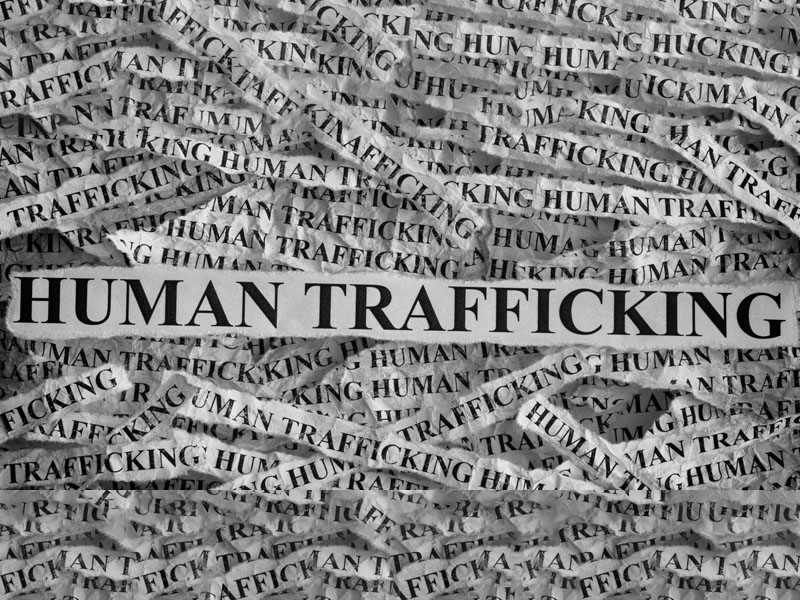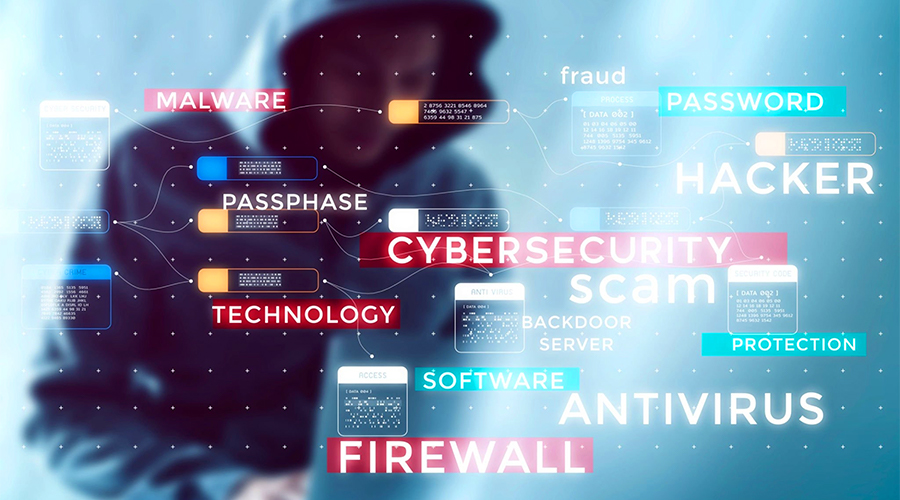Financial crime investigators and prosecutors collaborate on latest money laundering threats
Today marks the conclusion of a three-day meeting of more than 1,400 anti-money laundering investigators and prosecutors from across Canada’s public sector, as well as representatives from the United States. The annual gathering aims to build a greater common understanding of the latest financial crime threats and tactics. This year’s meeting builds on recent actions the Government of Canada has taken through its $1.3 billion Border Plan to ramp up efforts to combat organized crime, fentanyl trafficking and money laundering. This includes Canada’s newly appointed Fentanyl Czar; a Canada-United States Joint Strike Force; an intelligence directive on organized crime and fentanyl, backed up by $200 million to increase law enforcement’s information sharing capacity; the listing of seven transnational criminal organizations largely responsible for fentanyl pouring into our communities; and the launch of a new intelligence partnership made up of key players from Canada’s big banks and law enforcement. Discussions centered on current money laundering schemes used by organized crime, including crypto- and Artificial Intelligence (AI)-enabled fraud and trade-based money laundering, as well as asset recovery and prevention. Participants also updated on key enforcement actions, legal proceedings and emerging trends in their respective jurisdictions. Supporting enhanced collaboration and permissible information-sharing across law enforcement agencies, prosecutorial services, financial institutions and high-risk businesses is integral to the government’s plan to bolster its response to money laundering and organized crime, strike back against the illegal fentanyl trade and bring perpetrators to justice. To conclude the meeting, government officials reiterated Canada’s intention to use its 2025 G7 Presidency to highlight the threats from illicit finance and propose the development of a call to action by the G7 Finance Ministers to address criminal activity that impacts the financial sector and national security.











